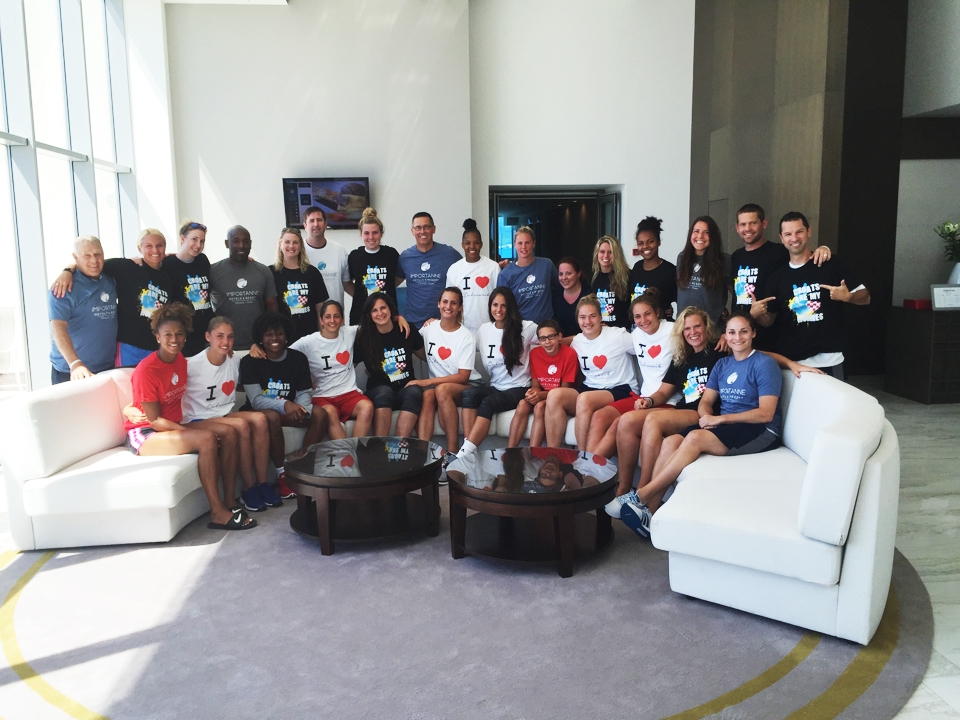10/04/2018
By Kendra Kneisl | Staff Columnist
Social media is ever-present in our lives. We wake up and send streaks. We go to the bathroom and scour Instagram for likes. We mindlessly refresh Twitter between lulls in the conversation. Within the last decade, connectivity has gone from a somatic to an automatic function. We feel lost without those mobile devices clutched tightly in our hands. Can you remember the last time you left the house unshackled?
The signs of addiction have slowly crept up, so slowly we probably don’t realize it. Some of you might say, “What’s the harm, really?”
Studies conducted through Penn State University validate theories that self-esteem issues are directly correlated with high social media use. Sleep deprivation is becoming a growing issue as we spend our last waking moments before bed watching TV shows or movies, never truly relaxing with our own thoughts.
Lack of quality time, one on one, with our friends is changing social norms, Ten years ago, ignoring a friend mid-conversation to check a cell phone was blatantly rude. Now it’s more accepted in the sense that we allow it. The feelings and strain, no matter how subtle, that it can cause on a relationship, well, that’s ever-present.
We’re the first generation to spend hours a day staring at a screen. Blue light is known to be harmful, according to preventblindness.org, but the extent to which it will affect our eyes is still unknown. Not to mention increased risk for obesity, as children, especially, lead more sedentary lifestyles. Essentially, we’re the guinea pigs for figuring out how badly technology is going to impact our health, and to what extent.
How many times do you check your cell phone while writing a paper or completing an assignment? Probably every time you’re slightly stumped or bored.
Our attention span is rapidly decreasing, and there are studies to back it up. According to the New York Times, the general population’s attention span has decreased from 12 seconds in 2010 to eight seconds today. Instant gratification makes us impatient. We’re becoming more restless standing in a grocery line or waiting around for a professor’s office hours, despite having one of the biggest distractions in our hand at any given moment.
Social media is a breeding ground for self-comparison. Friends are guilty of spending more time trying to capture the perfect photo on a night out rather than enjoying each other’s company. We’re living our lives for others and not for ourselves. Somebody’s version of a fun Saturday night might be hanging out with friends in a dorm, while another prefers lively nightclubs and concerts.
The latter is obviously more conducive to flashy pictures and clever captions, and the individual in the former scenario is likely to doubt their preferences in light of such “perfect” moments. For every “like,” we feel validated. It’s an instant feedback loop, and we’re hooked on trying to prove ourselves. It’s a constant cycle, even though the lives portrayed on social media are often misconstrued highlight reels.
Furthermore, when we’re uncomfortable in social settings, we naturally try to remedy that feeling. Say you’re waiting in line for a concert. In the absence of cell phones, you might try to strike up a conversation with the similarly bored individual next to you. Today, the same scenario may be present, but cell phones are there to turn to for comfort.
This wouldn’t be so bad if our desire to connect was fulfilled by such online interactions, but we’re social and physical creatures that crave the presence of another individual.
The way we interact with each other is changing, and social norms are conforming around a newly constructed social context. What’s the price to pay for a continual online presence? Perhaps a dwindling connection with reality. Taking time to tune in with nature, friends and family is important, but time is limited. We’re cutting corners for our electronics usage. Whether we realize where or who is taking the brunt is another story.
I challenge you to take a break from your cell phones. Leave them behind every once in awhile and see how you feel.




